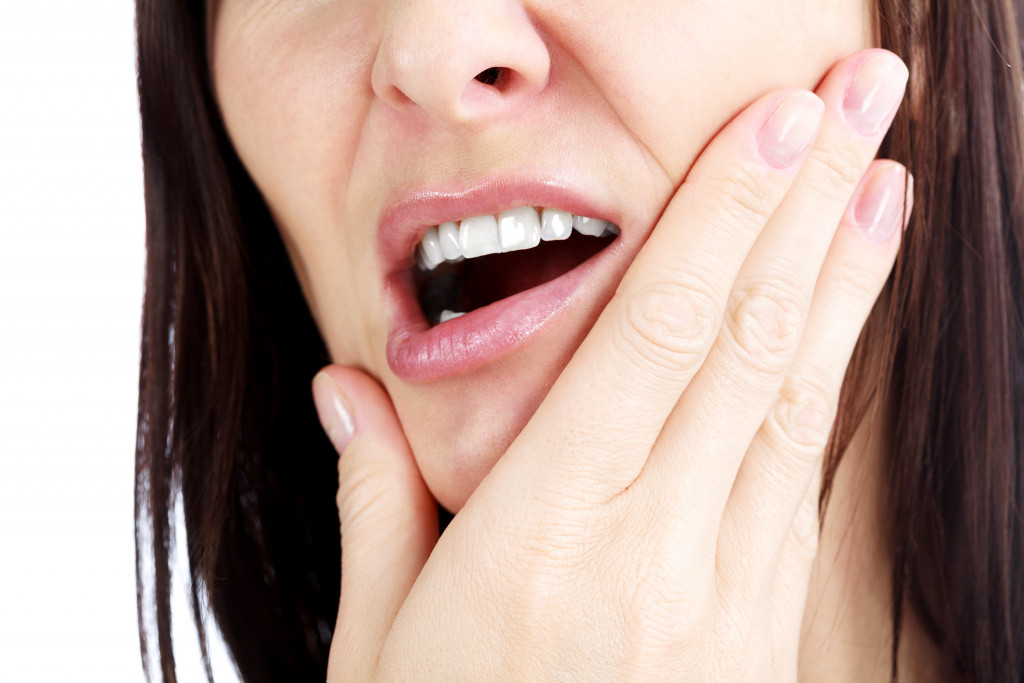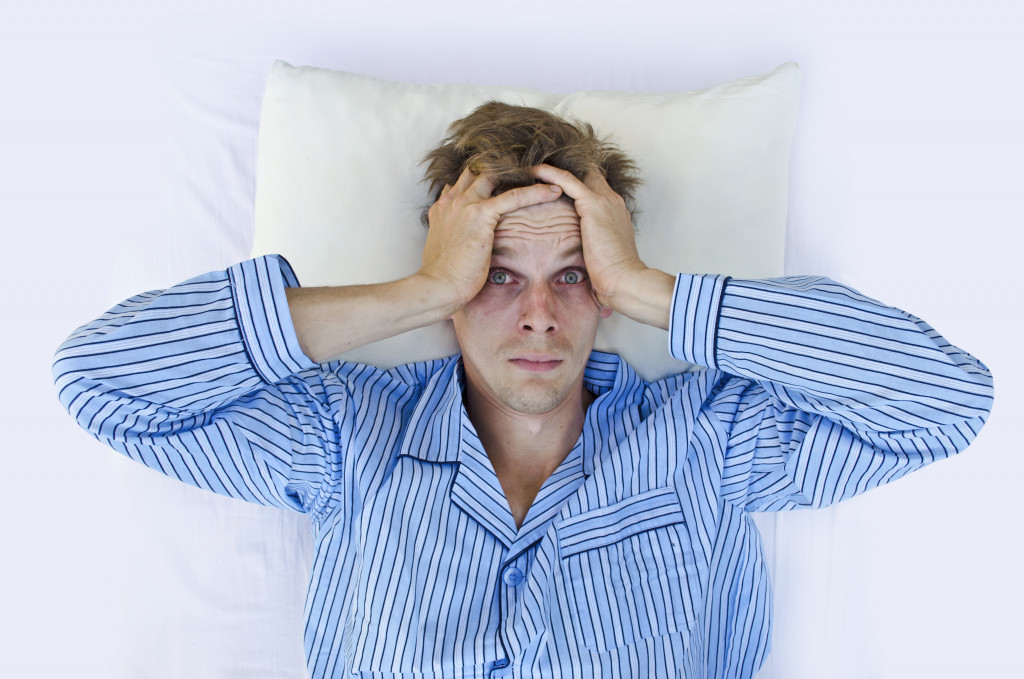• Stress, anxiety, jaw pain, medical conditions, and physical health can all cause sleep disruption.
• Lack of sleep has been linked to obesity, diabetes, heart disease, memory formation issues, depression, and anxiety disorders.
• Managing sleep disturbance can involve lifestyle changes such as avoiding caffeine or creating a relaxing nighttime routine.
• Therapy, medication, and special devices like CPAP machines or weighted blankets may also address the underlying causes of sleep deprivation.
• Taking steps to get better restful sleep can improve overall physical and mental health.
Are you struggling to get a good night’s sleep? Sleep disturbance can seriously affect your physical, mental, and emotional health, and millions of Americans are affected by it. It’s essential to be aware of the causes of sleep disturbance and how it can affect your life. Here are the effects of sleep disruption and discuss ways to manage it.
What Causes Sleep Disruption?
There are various reasons for sleep disruption. Here are some of them:
Stress and Anxiety
Stress and anxiety are two of the most common causes of sleep deprivation. When people feel nervous, anxious, or worried about something, it can be challenging to shut down their minds and fall asleep. It is important to practice relaxation techniques at night, such as deep breathing exercises or meditation, to help reduce stress levels before bedtime.
Jaw Pain
Another factor that can cause sleep disruption is jaw pain. In many cases, people with TMJ disorder or bruxism (teeth grinding) may experience disruptive sleeping patterns. Jaw pain can be extremely uncomfortable and make it difficult to fall asleep or stay in a deep sleep throughout the night.
If you are experiencing jaw pain, it is important to replace any teeth you’ve lost. The stress on your jaw joints and muscles can be reduced by replacing them with robust teeth implants. These implants are designed to support and stabilize your jaw, allowing you to get a good night’s sleep.

Medical Conditions
Medical conditions such as insomnia, narcolepsy, restless leg syndrome (RLS), apnea, thyroid disorders, depression, and anxiety disorders can also cause sleep deprivation. If you are experiencing any physical or mental health symptoms that interfere with your ability to fall asleep or stay asleep throughout the night, it is important to talk with your doctor so they can diagnose any underlying issues that could be playing a role in causing your lack of restful sleep.
Physical Health
Sleep deprivation can have far-reaching effects on our physical health. Bodies need sufficient rest to repair themselves after a long day. Without adequate rest, our bodies become more susceptible to illnesses such as colds, flu, and other infections. Furthermore, lack of sleep has been linked with obesity, diabetes, and heart disease due to its effect on hormone balance and metabolism.
Mental Health
Sleep deprivation also affects people’s mental health by impairing their ability to concentrate and think clearly. It can lead to reduced alertness, impaired memory formation, and difficulty making decisions. People who suffer from chronic sleep deprivation are at greater risk for anxiety disorders and depression because their bodies cannot regulate stress hormones properly when they lack the necessary restful downtime each night.
Emotional Health
Finally, sleep deprivation has been linked with mood changes such as irritability or feeling overwhelmed by simple tasks that would generally be easy for us to complete during the day. Lack of restful sleep can also lead to feelings of loneliness or isolation due to not having enough energy left over after a full day’s work for socializing with friends or family members.

Dealing With Sleep Disturbance
There are various treatments available to help manage sleep disturbance. It is essential to talk with your doctor or a certified sleep specialist if you are having difficulty sleeping regularly.
Some treatments may include lifestyle changes such as avoiding caffeine, exercising regularly, and creating a relaxing nighttime routine. Other treatments may involve therapy, medication, or special devices such as CPAP machines or weighted blankets.
It is also essential to address any underlying physical issues contributing to your sleep disruption by talking with your doctor about your health concerns and following their treatment plan accordingly. Taking steps to get better restful sleep can improve overall health and well-being in the short-term and long term.
Sleep disturbance can have severe consequences if left unchecked for too long. If you find yourself facing any of these issues due to lack of quality shuteye each night, it’s important that you take steps towards managing your sleep disruption as soon as possible so you can start getting the restful nights that you need for optimal physical, mental, and emotional well-being!

